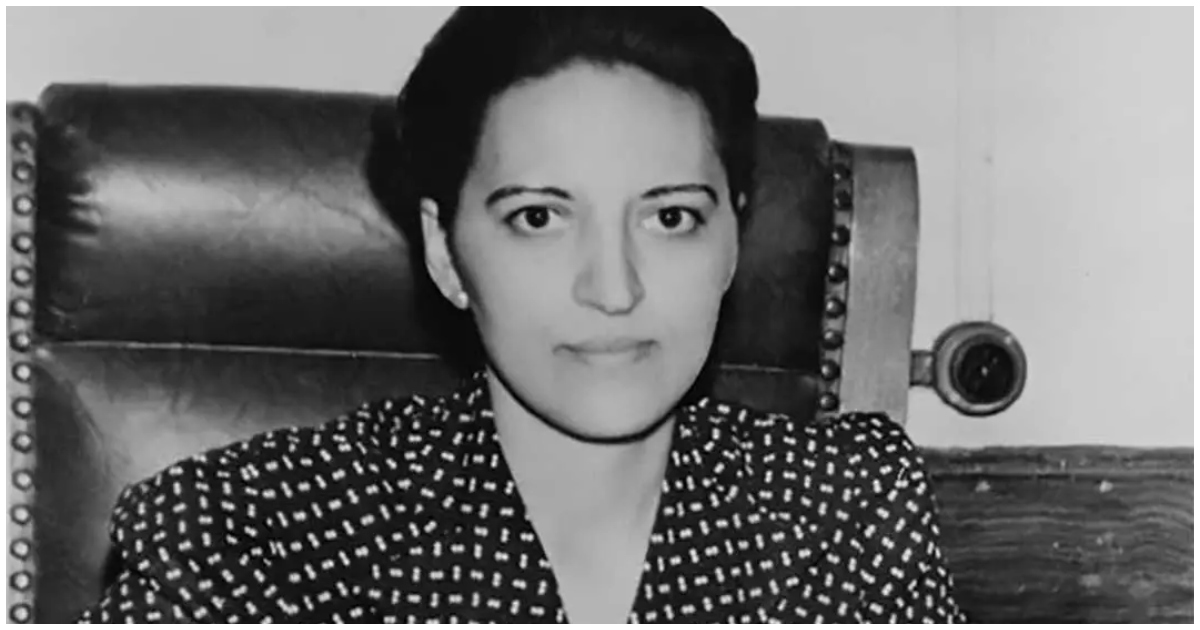Jane Bolin made history on July 22, 1939, becoming the first Black female judge in the United States. Sworn in as a family judge in New York City, Bolin’s appointment marked a pivotal moment in American legal history.
Groundbreaking Achievements in Law
Despite discouragement from her career adviser, Bolin applied to Yale Law School. She graduated in the top 20 of her class, becoming the first Black woman to earn a law degree from Yale.
Bolin’s trailblazing continued as she became the first Black woman to pass the New York State bar exam. Furthermore, she was the first to join New York City’s law department, setting the stage for her historic judgeship.
Championing Equality in the Justice System
Throughout her career, Bolin fought tirelessly against segregation in child placement facilities. She worked to end skin color-based assignments for probation officers, promoting fairness in the justice system.
Collaborating with First Lady Eleanor Roosevelt, Bolin supported the Wiltwyck School. This institution employed a holistic approach to address youth crime, showcasing Bolin’s commitment to progressive reform.
Advocate for Women’s Rights
In a powerful 1958 speech, Bolin declared, “Those gains we have made were never graciously and generously granted. We have had to fight every inch of the way.”
Her words resonated with the ongoing struggle for gender equality. Bolin’s career exemplified the determination required to overcome systemic barriers faced by women, particularly women of color.
Legacy and Influence
Serving on New York’s Family Court for four decades, Bolin left an indelible mark on the legal profession. She also contributed her expertise to organizations such as the NAACP, National Urban League, and Child Welfare League.
Constance Baker Motley, who later became a federal judge, cited Bolin as a role model. This illustrates the profound impact Bolin had on subsequent generations of legal professionals.
Continued Service and Recognition
After her mandatory retirement at 70, Bolin’s commitment to public service endured. She became a school consultant and volunteered as a child reading tutor, continuing to impact young lives.
Following her death, Bolin received numerous honors. Congressman Charles Rangel delivered a tribute on the House of Representatives floor. New York City renamed the Queens Midtown tunnel in her honor, ensuring her legacy lives on.





